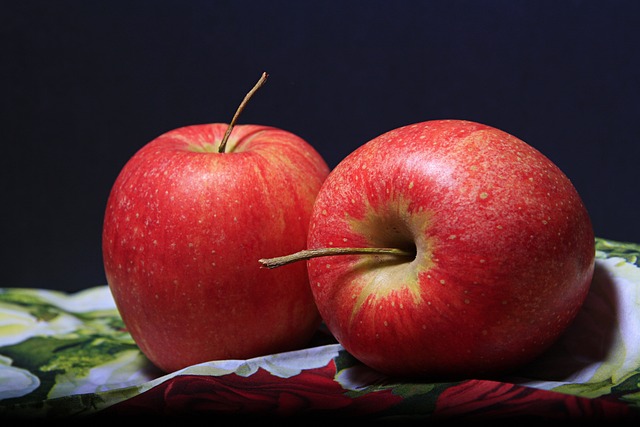Nurturing Your Little One’s Gut: A Parent’s Guide to Pediatric Probiotics
As parents, we always strive to provide the best care for our children. One of the essential aspects of their health is their gut health. A healthy gut can contribute to proper digestion, enhance the immune system, and support overall well-being. That’s where pediatric probiotics come into play.
What are Probiotics?
Probiotics are live bacteria and yeasts that are beneficial for our health, particularly our digestive system. They are often called “friendly” or “good” bacteria because they help maintain a healthy balance in our gut. Probiotics can be found naturally in certain foods and also come in supplement form.
The Importance of Pediatric Gut Health
A baby’s gut undergoes significant development during the first few years of life. It plays a crucial role in nutrient absorption, immune function, and even influences cognitive development. However, various factors such as a C-section birth, antibiotic use, and a poor diet can disrupt the balance of bacteria in the gut.
When the balance of good and bad bacteria is disturbed, it can lead to digestive issues, weakened immunity, and potential long-term health complications. That’s why nurturing your little one’s gut health is of utmost importance.
How Probiotics Help Your Little One’s Gut
Introducing probiotics into your child’s daily routine can be highly beneficial. Here are some key advantages of pediatric probiotics:
1. Improved Digestion
Probiotics aid in breaking down food particles and enhancing nutrient absorption. They can alleviate common digestive issues such as constipation, diarrhea, and acid reflux, promoting a healthy digestive system.
2. Stronger Immune System
The majority of the immune system resides in the gut. Probiotics help stimulate the production of antibodies and enhance the activity of immune cells, thus reducing the risk of infections and allergies.
3. Balancing Gut Flora
Pediatric probiotics help restore the natural balance of bacteria in the gut. This balance is crucial for the optimal functioning of the digestive system and overall health.
4. Reducing Colic and Eczema
Studies have shown that certain strains of probiotics can be effective in reducing the symptoms of colic and eczema in infants. While the results may vary, incorporating probiotics can provide relief to your little one.
5. Aiding in Brain Development
Emerging research suggests a link between gut health and brain development. Probiotics may have a positive impact on cognitive function and behavior in children. Though more research is needed in this area, the potential benefits are promising.
Choosing the Right Probiotics for Your Child
Not all probiotics are created equal, so it’s crucial to select the right one for your child. Here are a few points to consider:
1. Strain Diversity
Look for a probiotic supplement that contains a variety of strains, including Lactobacillus and Bifidobacterium. Each strain offers different benefits, so a diverse range can have a more significant impact on gut health.
2. Colony Forming Units (CFUs)
CFUs are a measure of the number of viable bacteria in a probiotic product. It’s generally recommended to choose a product with at least 1 billion CFUs for infants and up to 10 billion CFUs for toddlers and older children.
3. Quality and Safety
Ensure the probiotic brand you choose undergoes rigorous testing for purity, potency, and safety. Look for products that are specifically formulated for children and have good reviews from trusted sources.







